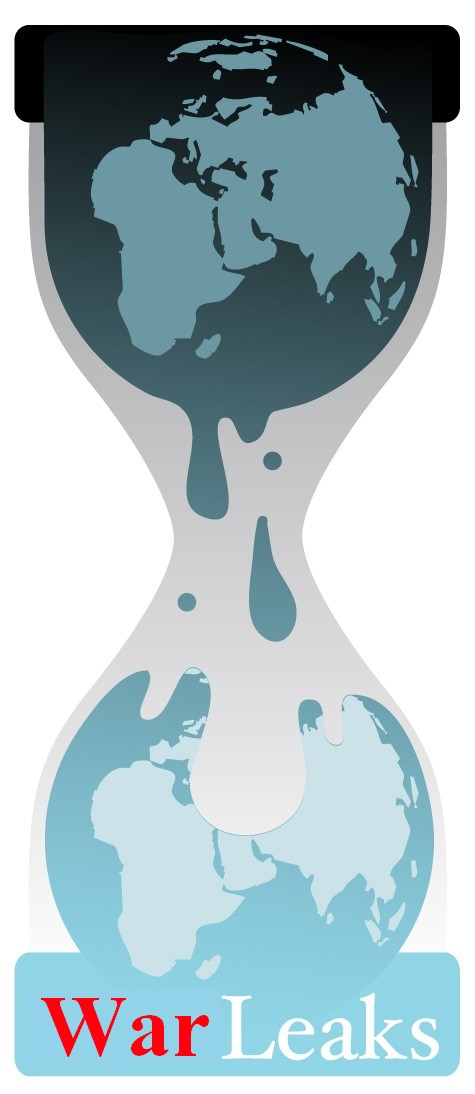 Those who read President Barack Obama’s speech will likely be reading to find hints of when the conflict might finally come to an end. Support for a pullout from Afghanistan is at an all-time high, according to a recent Pew Research Center poll. But, there is little reason to put much stock in the fact that ten thousand troops will be leaving Afghanistan this summer. Withdrawing a number of troops around July of 2011 was always part of a plan, a way of deftly managing public opinion.
Those who read President Barack Obama’s speech will likely be reading to find hints of when the conflict might finally come to an end. Support for a pullout from Afghanistan is at an all-time high, according to a recent Pew Research Center poll. But, there is little reason to put much stock in the fact that ten thousand troops will be leaving Afghanistan this summer. Withdrawing a number of troops around July of 2011 was always part of a plan, a way of deftly managing public opinion.
When Obama went ahead and added thirty thousand troops, he knew, as shown in Bob Woodward’s book Obama’s Wars he had two years with the public. He understood the perils of escalating a war, as retired Lt. Gen. Karl W. Eikenberry, retired Gen. James L. Jones and Lt. Gen. Douglas Lute all offered a level of dissent against Admiral Mike Mullen, Gen. David Petraeus and Defense Secretary Robert M. Gates. And, Obama allegedly told Vice President Joe Biden in private to oppose a big troop buildup but could not stand up to military brass. In the end, though, he was able to set a withdrawal timetable of ending the war by 2014.
 Citizens of the United States today join in celebration of Memorial Day and honor those who have died in American wars from now all the way back to the American Civil War. It is the ninth consecutive Memorial Day during the “war on terrorism,” which was the Bush Administration’s response to the September 11 attacks. The “war on terror,” as the world knows, led to the Afghanistan and Iraq War and countless other covert military operations all aimed at rooting out terrorism.
Citizens of the United States today join in celebration of Memorial Day and honor those who have died in American wars from now all the way back to the American Civil War. It is the ninth consecutive Memorial Day during the “war on terrorism,” which was the Bush Administration’s response to the September 11 attacks. The “war on terror,” as the world knows, led to the Afghanistan and Iraq War and countless other covert military operations all aimed at rooting out terrorism.
The memories of war shared with veterans in communities are, of course, sanitized. Communities do not really tell the stories of war. Members of squads like the “Kill Teams” of Afghanistan do not share photos or cell phone videos they captured when they shot innocent civilians and posed with them. They do not talk about the glory of employing “enhanced interrogation techniques” or torture to gain, often, false information from detainees at Guantanamo or “black” prison sites to better prosecute the war against global terrorism. And probably few could be said to be telling real war stories, like the ones that can be found in the pages of the American literary classic by Tim O'Brien, The Things They Carried.
 1. Introduction
1. Introduction
2. Resources for Collateral Murder
3. Resources for War Logs
2010 was, in many ways, the year of the WikiLeaks. Although the organization had been in operation for four years, and had published many high profile leaks, this was the year that WikiLeaks became a household name. Beginning April 2010, WikiLeaks released a succession of leaks apparently sourced from within the United States government, or military, and pertaining to the wars in Afghanistan and Iraq. WL Central's Kevin Gosztala investigated the War Leaks and produced this valuable summary and analysis of their extent and significance. This page is an overview and resource bank.
Theme by Danetsoft and Danang Probo Sayekti inspired by Maksimer